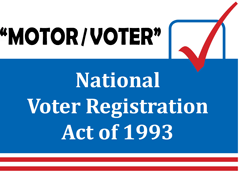 Rolex Watch USA, Inc. v Beckertime, LLC affirmed a finding of infringement, while also affirming the trial court’s finding that laches precluded a disgorgement award:
Rolex Watch USA, Inc. v Beckertime, LLC affirmed a finding of infringement, while also affirming the trial court’s finding that laches precluded a disgorgement award:
The district court concluded that at a minimum, Rolex’s agent “should have known about BeckerTime in 2010, ten years prior to the filing of the lawsuit, and no later than 2013 when [a Rolex employee] wrote that BeckerTime watches were junk.” … On appeal, Rolex offers no justification for the delay, instead arguing that BeckerTime failed to show prejudice. But the record supports that the ten years of permitted sales enabled BeckerTime to build up a successful business that it would not otherwise have invested in absent Rolex’s delay in filing suit. This is clear prejudice.
No. 22-10866 (Jan. 26, 2024).




